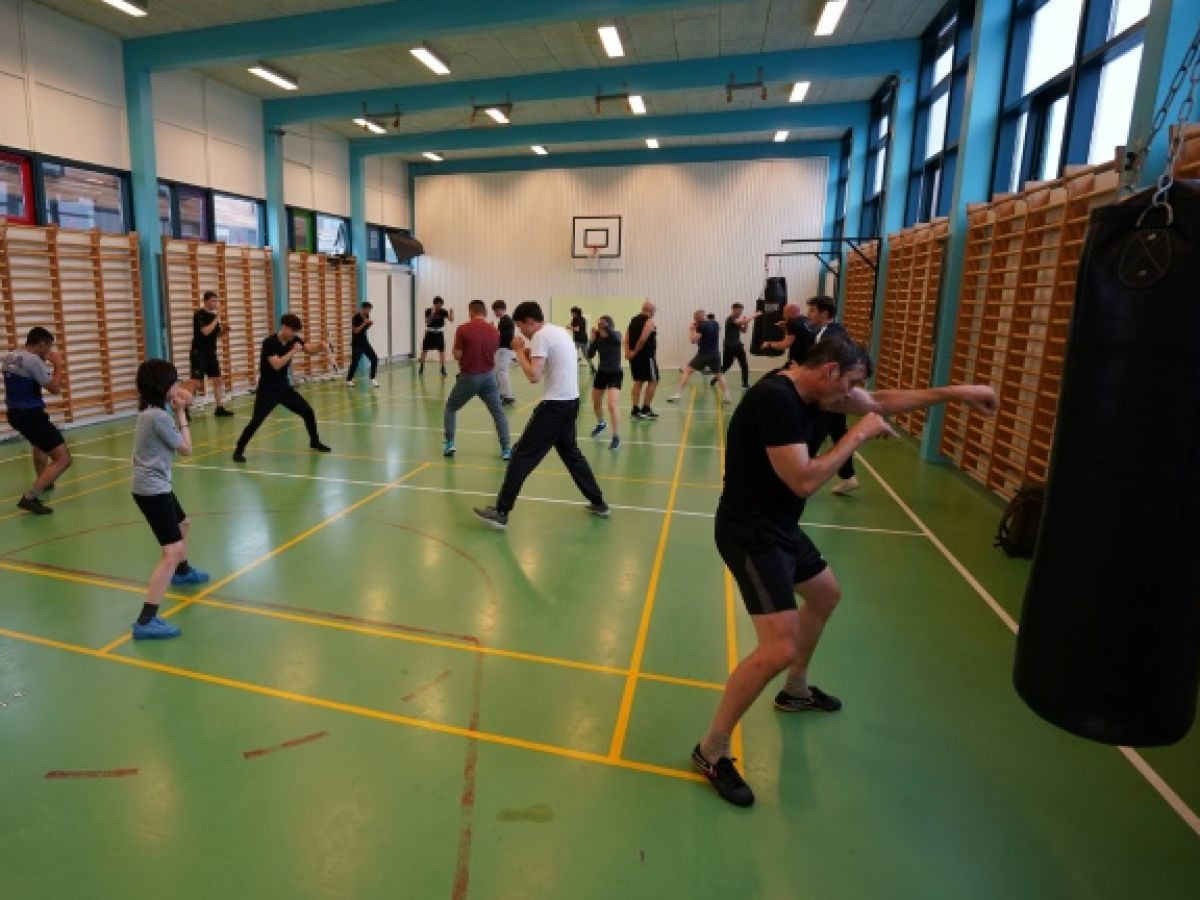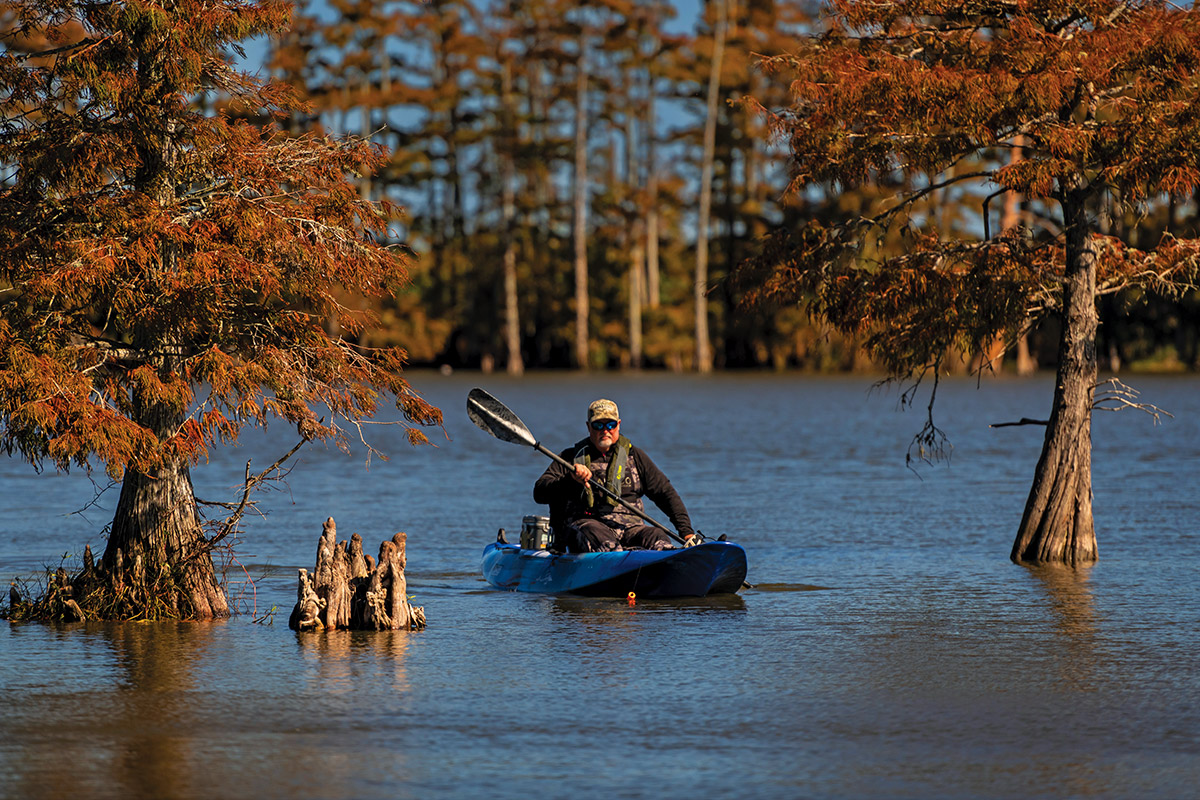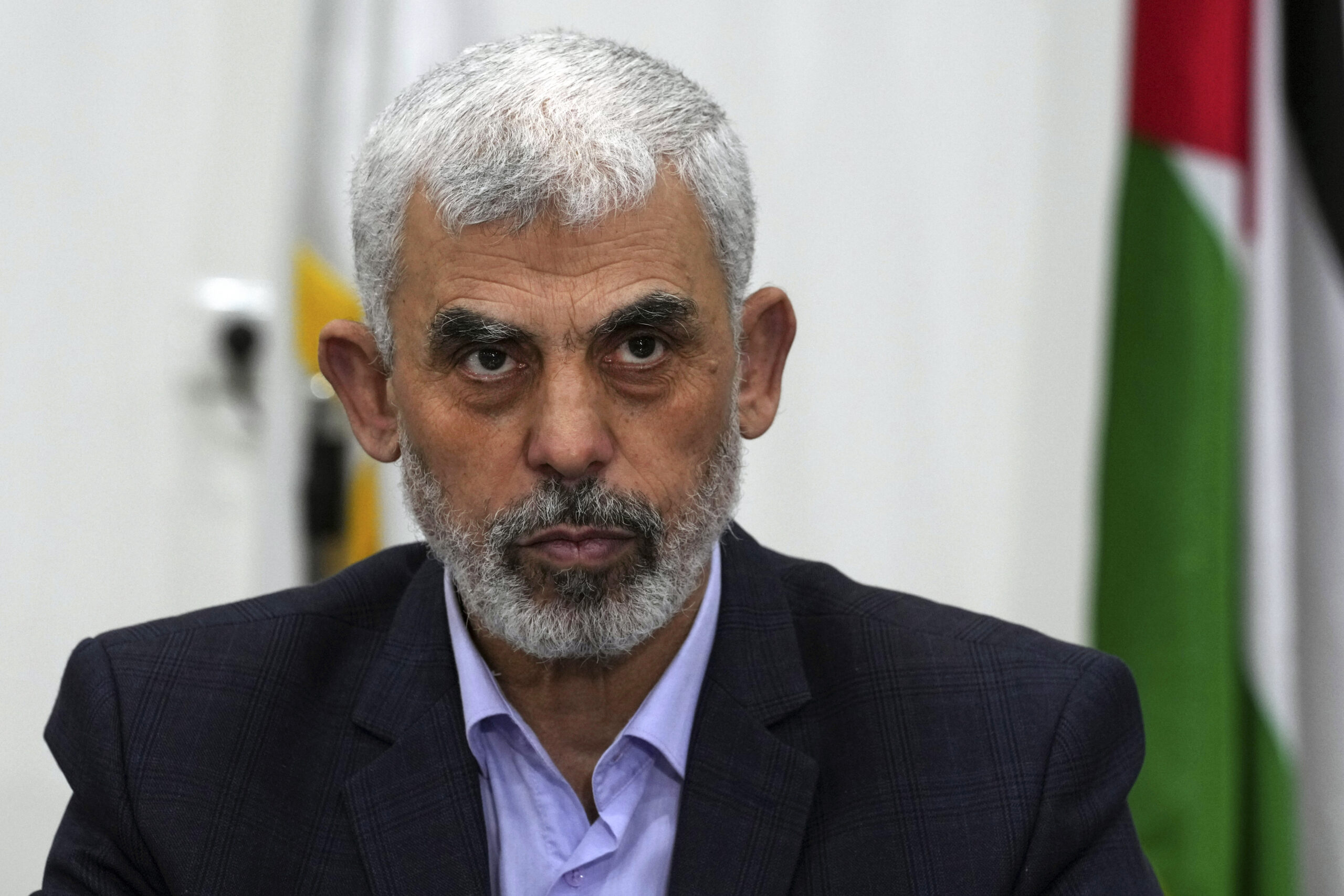In a school gym in Nuuk, around twenty young Greenlanders meet four times a week to box, a breath of fresh air for their mental health in a territory where the suicide rate is among the highest in the world.
The "Nanoq Fight Club" is one of the places where enthusiasts mobilize young people through sport, offering them a framework, a sense of community and good physical and mental health.
After a warm-up of around thirty minutes, the boxers set up mini-rings where they perform exercises, interrupted many times by the coaches.
That evening, there were three supervisors, concerned about the idleness and wanderings of many young Greenlanders.
The athletes in the room are concentrating.
Emil Lehmann Faber started boxing "to have something to do." At 18, he admits that many of his peers "have nothing to do. They perhaps turn more easily to alcohol."
According to police, 39 suicides were recorded in Greenland in 2023, or nearly 68 per 100,000 inhabitants. Only Lesotho has a higher rate (87.5), almost ten times the median rate recorded by the World Health Organization (nine suicides per 100,000 inhabitants).
This rate is, however, decreasing thanks to the authorities' recent awareness. In 2010, 62 suicides were recorded.
At Fight Club Nanoq, there's no point feeling sorry for yourself, but rather taking care of yourself.

"The most important thing is not to fall into pity. We learn to cope with disappointment and not play the victim," Efraim Olsen, a doctor who founded the club more than fifteen years ago, told AFP.
Together with his friend Aputsiaq Didriksen, Emil Lehmann Faber represents their club in tournaments abroad, an opportunity unthinkable for many Greenlanders their age.
"Many struggle with feelings of hopelessness and lack of prospects, which exacerbates mental health problems," acknowledges Minister of Youth and Sports Aqqaluaq Egede.
For the club's leaders, the metamorphosis of young boxers through this sport is evident.
– Access help –
"They significantly improve their self-confidence and their ability to cope with stress," says Efraim Olsen.

"Those who have boxed here have a house, a job, a wife and children. They have never had any problems," assures his partner Mahmoud Minaei, also founder of "Fight Club Nanoq."
At the boxing club, these young people improve their ability to integrate into society.
"They are able to be part of a group, receive orders from the trainer and obey the rules of combat," Olsen notes.
"Because you really have to respect the rules, you can't start kicking your opponent, biting them or doing other things like that," he emphasizes.
But while the supervisors readily discuss mental health and suicide prevention, many young people refuse to address the subject head-on, citing, like boxer Aninnguaq Eigaard, a "prejudice" towards their country.
Yet suicide is a scourge, recognized as such by the authorities.
"Tusaannga (the national free telephone and chat support service) was contacted approximately 600 times in 2023 by people with suicidal thoughts," the minister explained, estimating that the number of people having these thoughts is "certainly higher."

For psychologist Maliina Lyberth, "mental health challenges are omnipresent in this country."
One of the explanations put forward by the government is social and cultural factors (loneliness, drug addiction, violence and intergenerational trauma).
The psychologist, who conducts many of her consultations online because the vast majority of Greenlanders do not have access to a psychologist where they live, deplores "a lack of help" across the island of two million km2, almost four times the size of France.
"We need better mental health plans and places to go when we need someone," she said.


